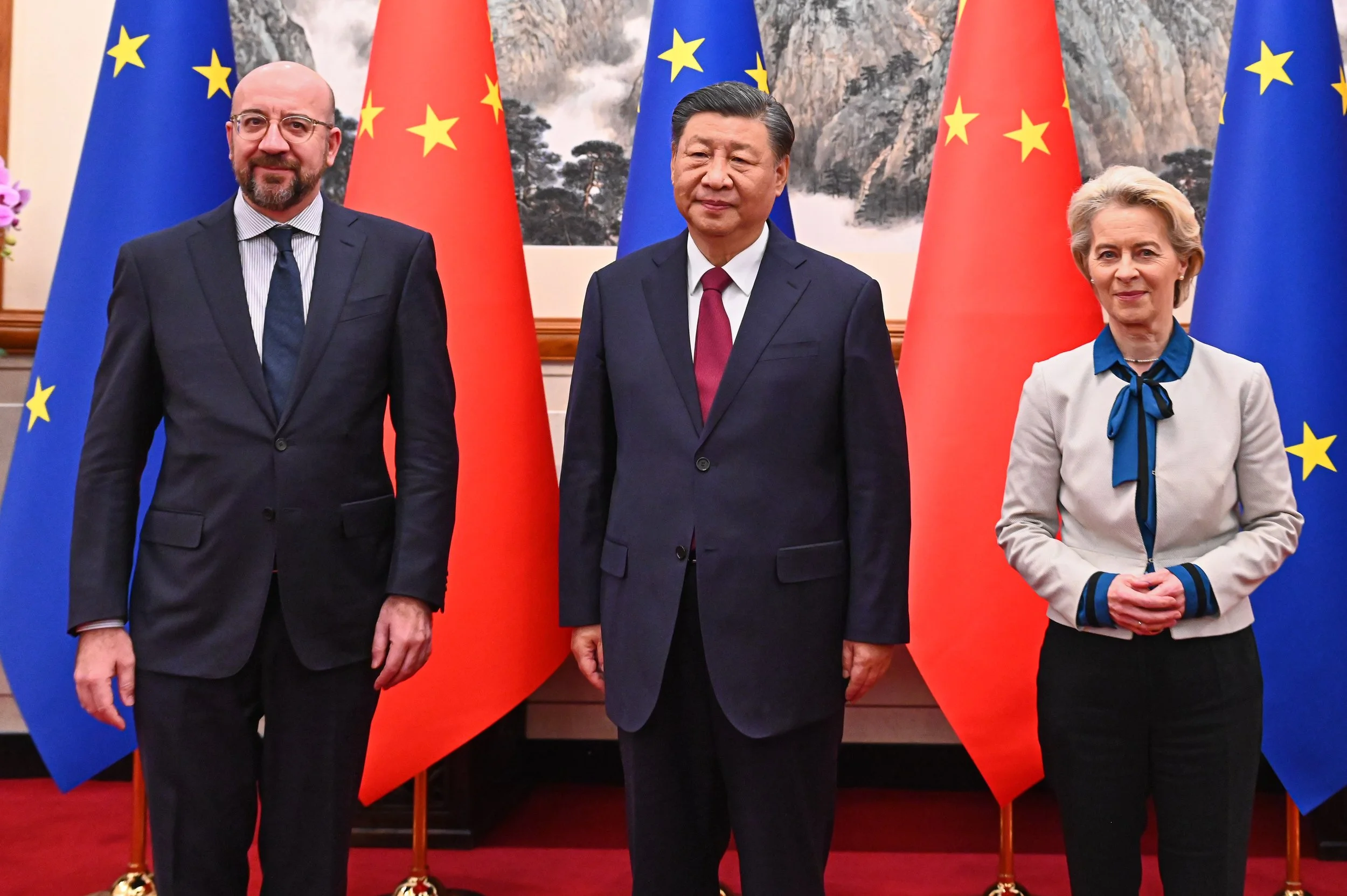Written by Hannah Hains
It is not yet clear whether Trump will institute a similar targeted tariff for shipping and port infrastructure, as recommended by a new report by the Office of the United States Trade Representative on ‘China's Targeting of the Maritime, Logistics, and Shipbuilding Sectors for Dominance’.
Read More
















